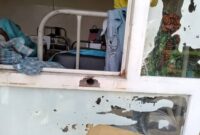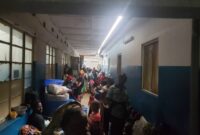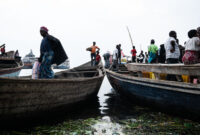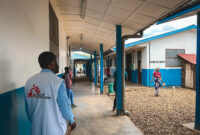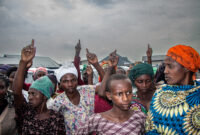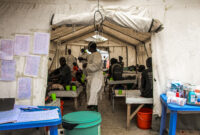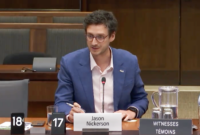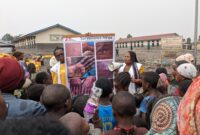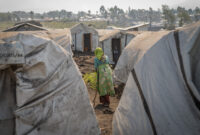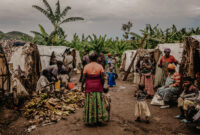Democratic Republic of Congo: MSF calls for protection of patients, medical facilities and civilians following Drodro hospital attack
In an escalation of violence in Democratic Republic of Congo’s Ituri province, armed men attacked the town of Drodro on the night of 6 to 7 March, killing a patient in her bed ransacking the general hospital, and looting medical equipment, says international medical organisation Doctors Without Borders/Médecins Sans Frontières (MSF), whose teams work in Drodro hospital. The attackers also looted another nearby medical facility.
“What has happened here is nothing short of horrifying,” says Stéphanie Giandonato, MSF programme manager for DRC.
“We condemn the killing of a defenceless elderly patient in the strongest possible terms and urge all parties to the conflict to respect and protect patients, medical staff, medical facilities, civilians and humanitarian aid workers.”
Stéphanie Giandonato, MSF programme manager for DRC
The surge in violence in and around Drodro has triggered a mass exodus from the area, with thousands of people seeking refuge at Rho camp for displaced people, about 10 km to the northeast of Drodro. The camp, originally designed to accommodate maximum 30,000 people, is now sheltering more than twice that number.
“The consequences for the population are dire,” says Boubacar Mballo, project coordinator for MSF at Drodro. “Drodro hospital can no longer function, leaving people without medical care. In addition, the growing insecurity has effectively cut off the region, resulting in the complete disruption of food and much needed additional water supplies to the overwhelmed Rho camp.”
Since yesterday’s attack on Drodro, MSF has temporarily evacuated its staff from the town, but MSF teams continue to provide basic healthcare, stabilisation care for critical cases, sexual and reproductive healthcare, mental health support and water and sanitation services to people sheltering in Rho camp. However, MSF is concerned that, as insecurity worsens and supplies run out, this is not sustainable.
“We are concerned that people’s access to necessities such as clean drinking water, food and medical care is at risk”, says Boubacar Mballo. “Hence, we emphasize the obligation of all conflicting parties to uphold the respect and protection of the civilian population and medical missions under all circumstances.”


